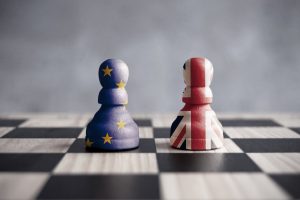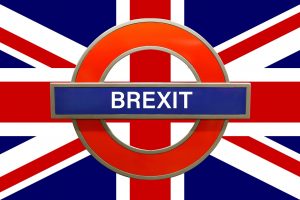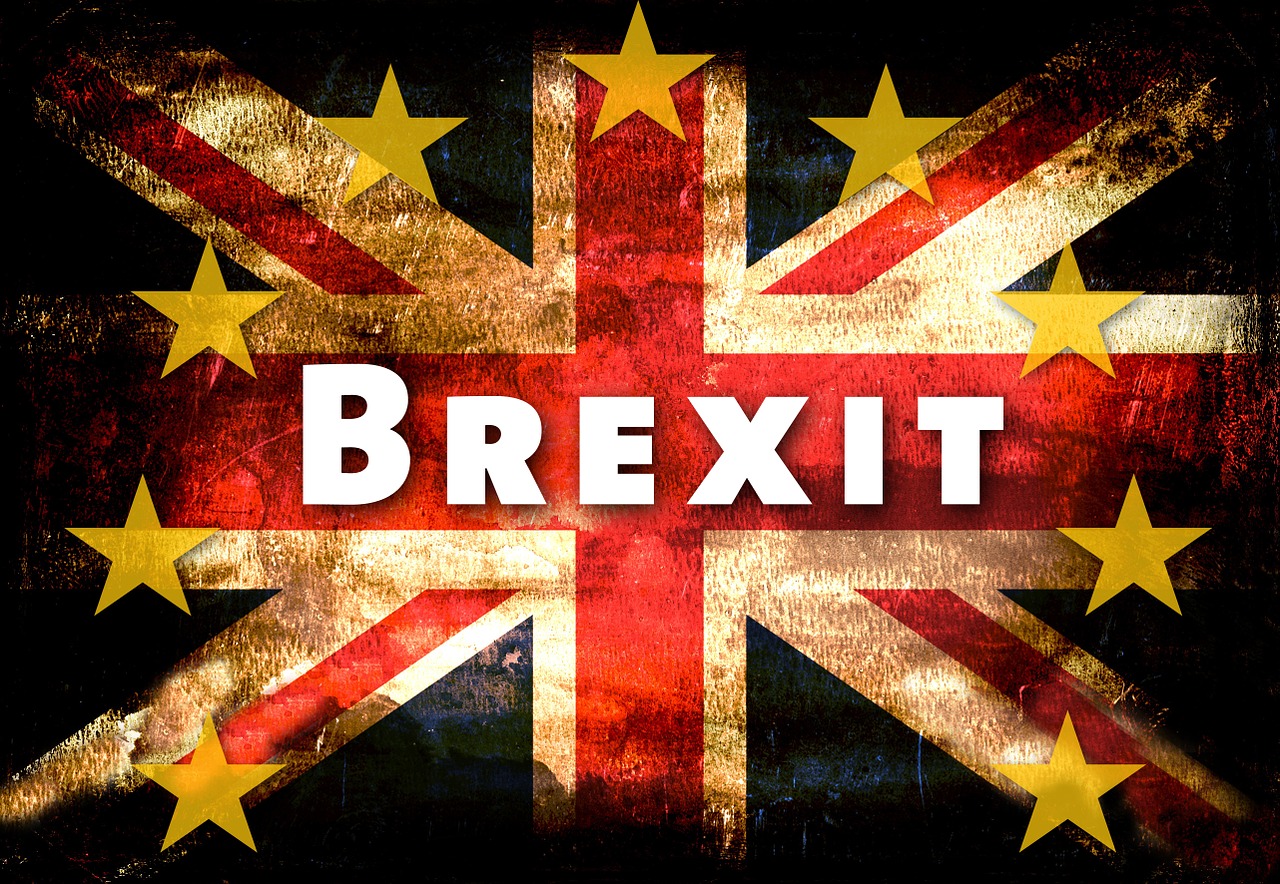If you’re looking for another informative piece about Brexit, then you’ve come to the right place. It’s all anyone can talk about at the moment, there’s just no escaping it and it’s all starting to become somewhat of a national headache for politicians and citizens alike. We’ve seen offers after offers rejected in Parliament and already flown past one sell-by-date, but now, it looks like we’re heading towards another few months on the shelf of uncertainty. If you weren’t already aware, Boris Johnson recently said he would “rather be dead in a ditch” than ask for a Brexit delay; stating that he would head for a no-deal Brexit if Parliament couldn’t agree on a deal with Europe.
 Crashing out of the European Union, as so lovingly put by politicians, sounds terrifying, so what are the odds for a no deal Brexit? Well, you’ll be happy to read (or not so happy depending on where you sit in politics) that the chances of a no-deal Brexit, just decreased significantly.
Crashing out of the European Union, as so lovingly put by politicians, sounds terrifying, so what are the odds for a no deal Brexit? Well, you’ll be happy to read (or not so happy depending on where you sit in politics) that the chances of a no-deal Brexit, just decreased significantly.
First of all, what does a no-deal Brexit actually mean? It means we walk away, essentially without any sort of agreement for trade, borders, or a future working relationship. This could affect things such as: the price of European flights, using your phone abroad, re-introduced border checks, special driving licenses required in Europe for UK citizens. However, many people support this form of a no-deal Brexit because it completely breaks all ties with Europe – which is what some people voted for. The issue for those who voted ‘Leave’, was that there was no clarification on what ‘leave’ meant, and now it is up to Parliament – who voted ‘Remain’ as a majority – to decide how we leave, if at all.
Things are heating up in Parliament as Johnson pushes to ensure we leave the EU on the 31st October, however, he is yet to secure a deal with Brussels and has now lost his majority in the House of Commons. The new piece of legislation that was rushed through the House of Commons and House of Lords recently, is intended to prevent Johnson from establishing a no-deal by forcing him to ask the EU for more time if a deal cannot be reached – although Brussels doesn’t have to say yes to an extension.
 Johnson plans to call for another General Election. Why, you ask? It is possibly the only way he can ensure Brexit on October 31st. With the current MPs in parliament, passing any deal seems unlikely, let alone the idea of a no-deal. Carrying out a General Election could leave Johnson with an entirely new set of MPs sitting in the Commons, giving him a chance at getting the right people supporting him in the backbenches. It could also give Jeremy Corbyn, leader of the opposing Labour party, the keys to number 10 but that seems like a risk Johnson is willing to take.
Johnson plans to call for another General Election. Why, you ask? It is possibly the only way he can ensure Brexit on October 31st. With the current MPs in parliament, passing any deal seems unlikely, let alone the idea of a no-deal. Carrying out a General Election could leave Johnson with an entirely new set of MPs sitting in the Commons, giving him a chance at getting the right people supporting him in the backbenches. It could also give Jeremy Corbyn, leader of the opposing Labour party, the keys to number 10 but that seems like a risk Johnson is willing to take.
So, what can we take from all this Brexit talk? In a nutshell, uncertainty, layers and layers of it. The uncertainty that a General Election will take place, uncertainty on the repercussions of a no-deal, uncertainty that Brexit will happen come October 31st if at all because there is, of course, the push for another referendum. Ultimately the Government made a mistake when offering the public ‘Leave’ or ‘Remain’ based on zero factual evidence on what either of those could mean for the nation. Since the initial vote on 23rd June 2016, many people have changed their minds as new information is discovered but still to this day the public do not know categorically what ‘Leave’ means. The incompetence within the House of Parliament has left the nation looking at its MPs with, you guessed it, uncertainty.
Author Profile
- Digital Marketing Executive at RECEPTIONAL, Digital Marketing Agency in the UK.
Latest entries
 Business NewsSeptember 11, 2019Brexit-Gate: The one thing we cannot escape in British news
Business NewsSeptember 11, 2019Brexit-Gate: The one thing we cannot escape in British news Business NewsApril 30, 2019Brexit: What now?
Business NewsApril 30, 2019Brexit: What now? LawApril 25, 2019Why Brexit is a Massive F*** Up?
LawApril 25, 2019Why Brexit is a Massive F*** Up?





